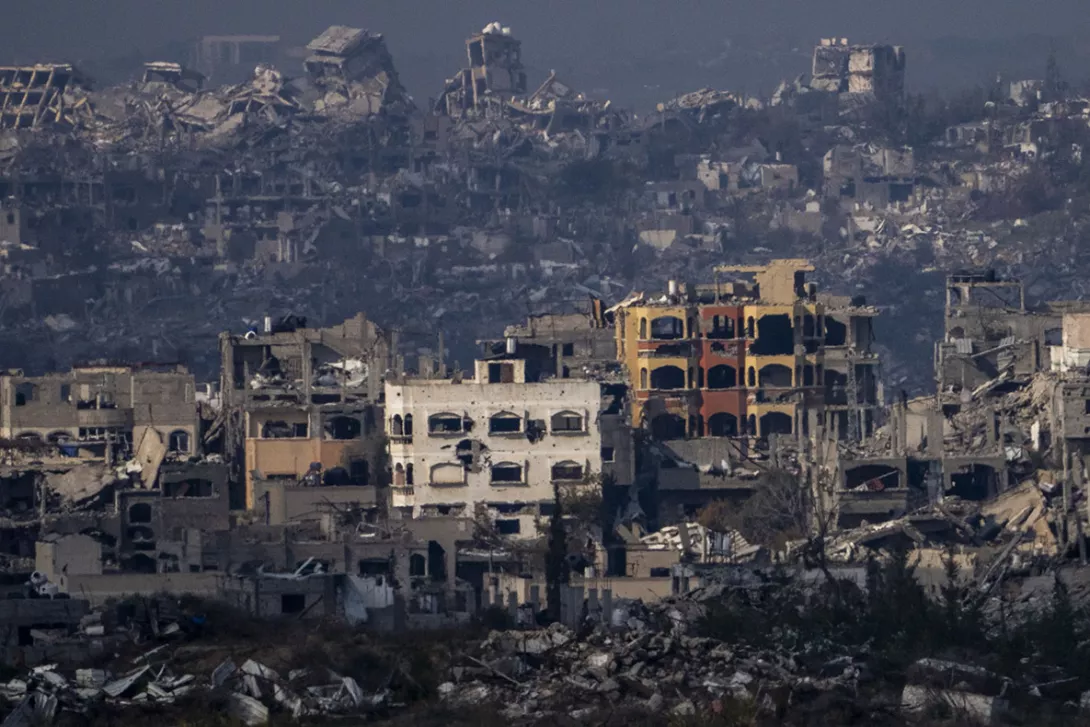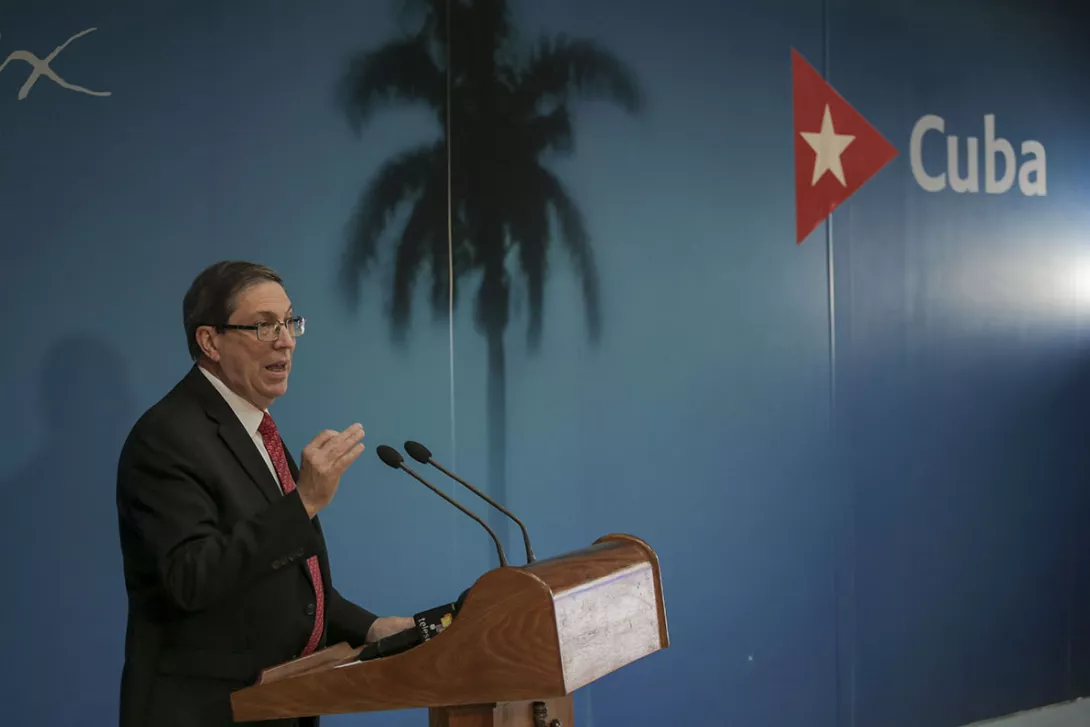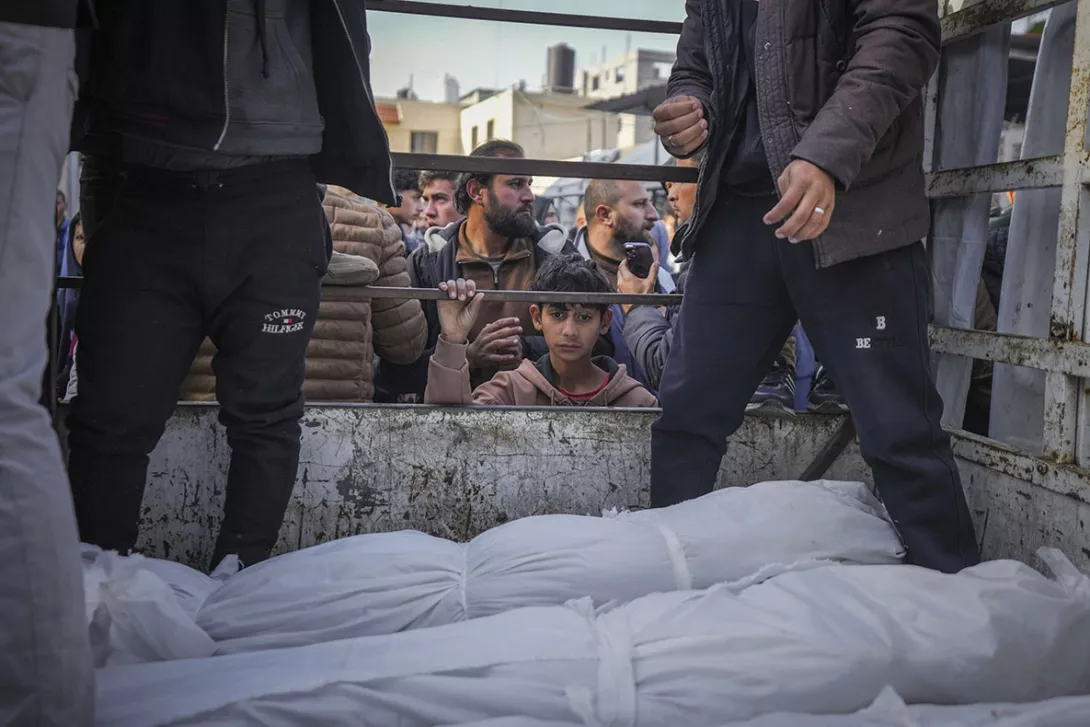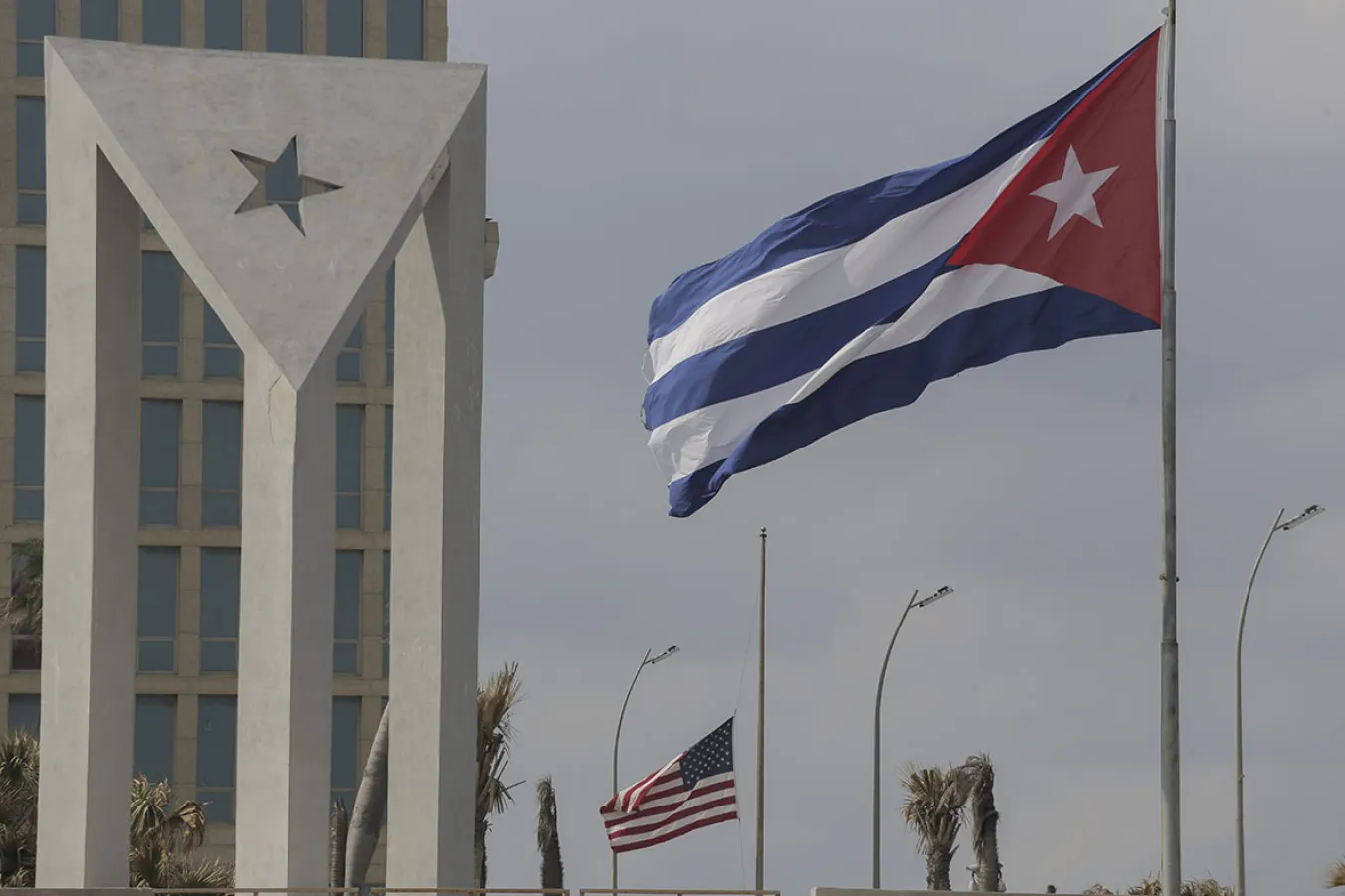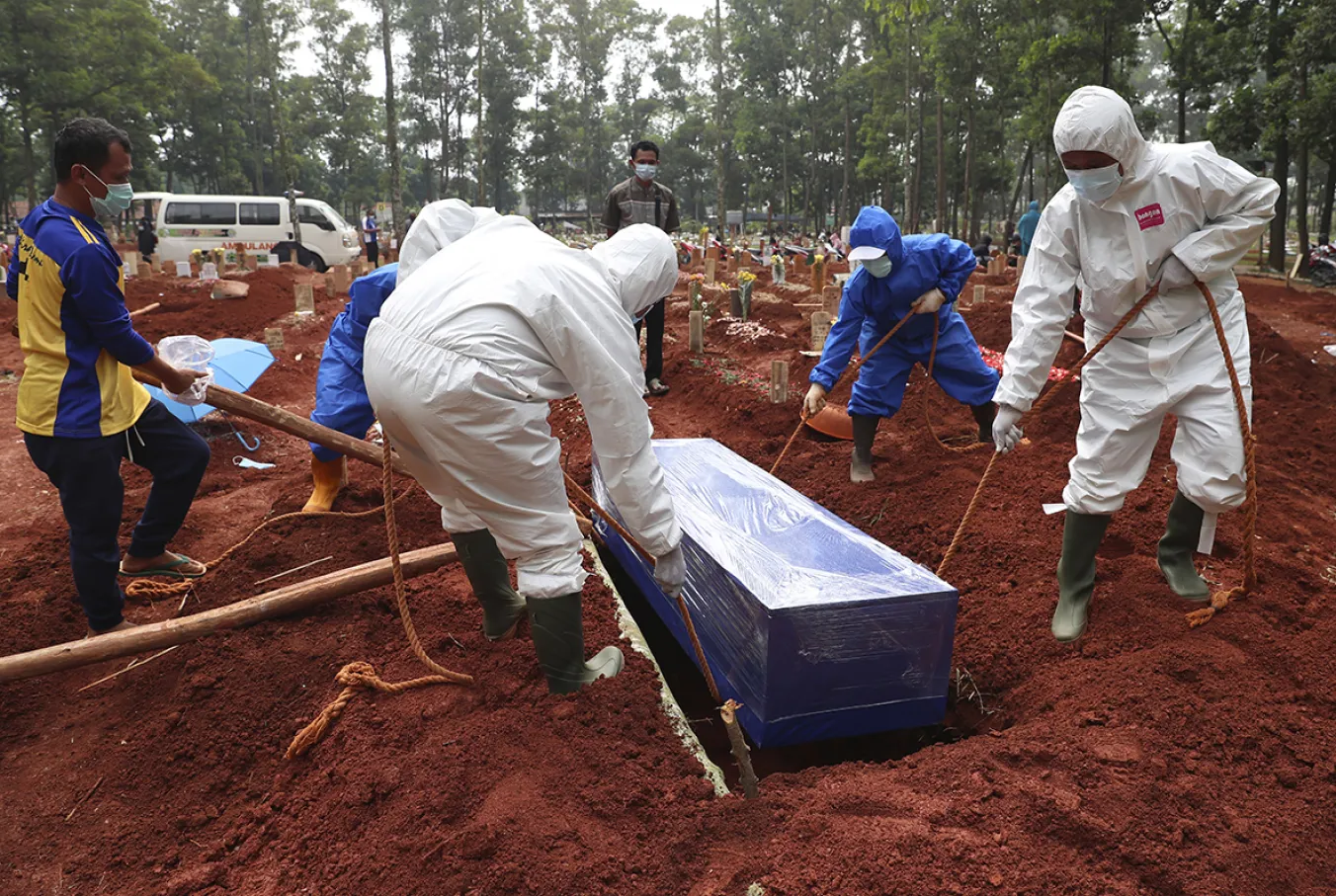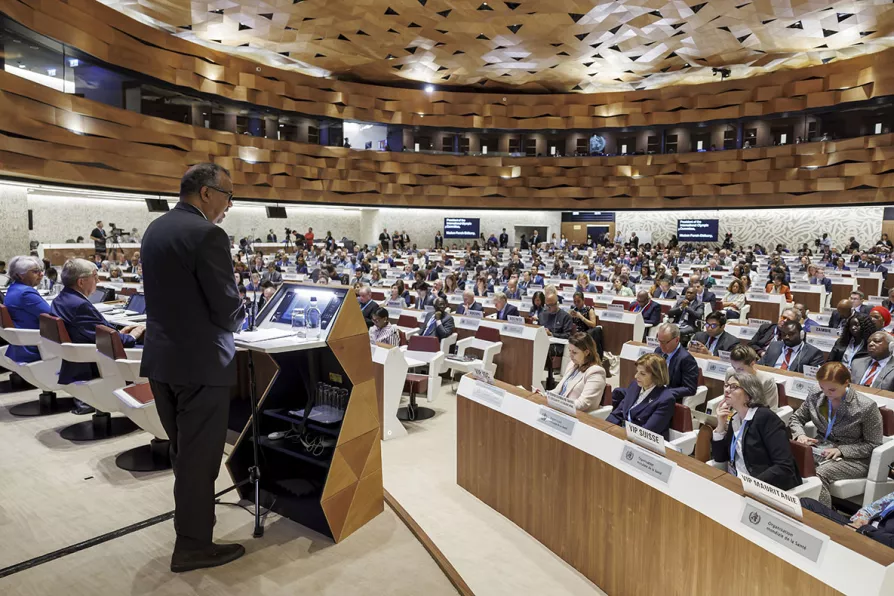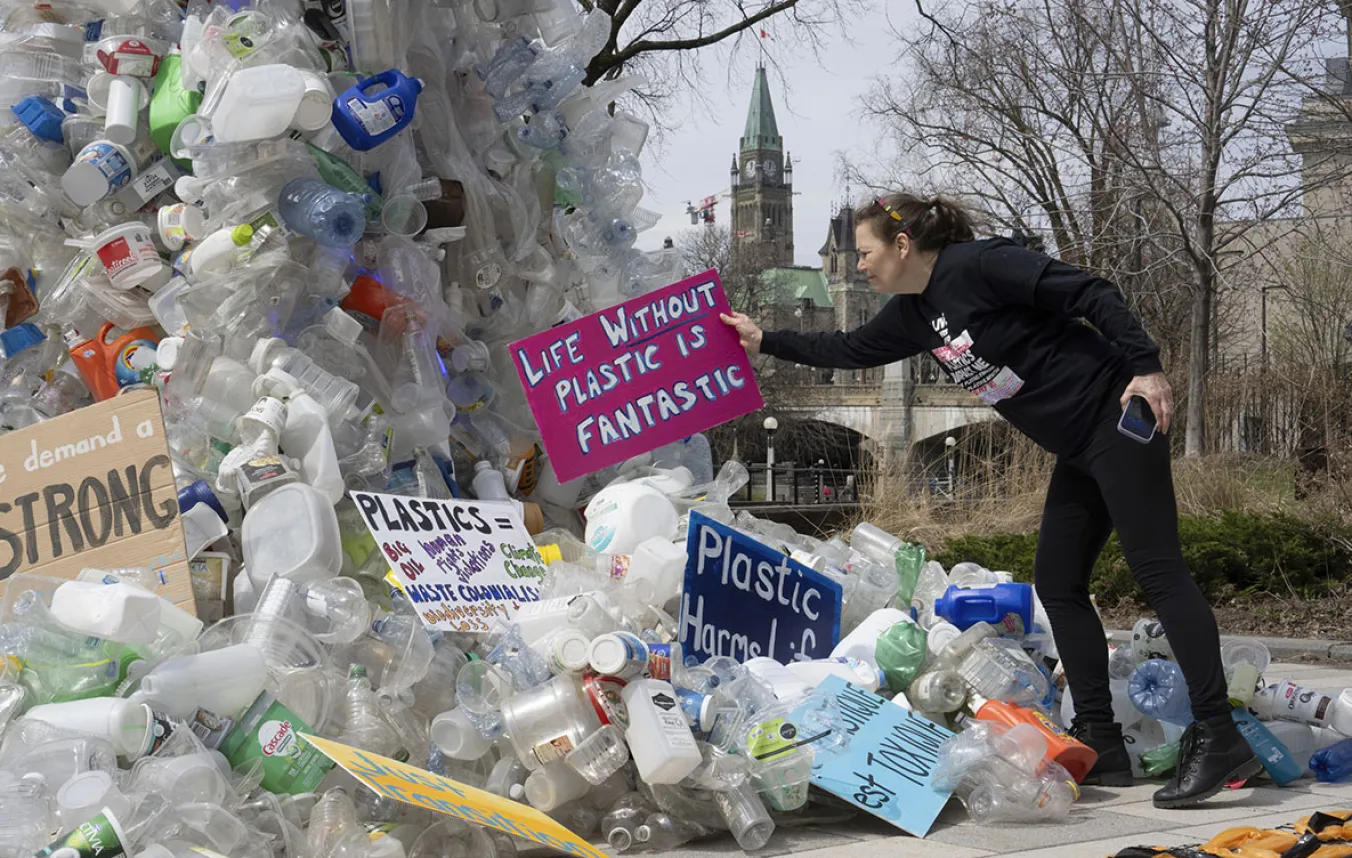Final round of ‘pandemic treaty’ talks set to end
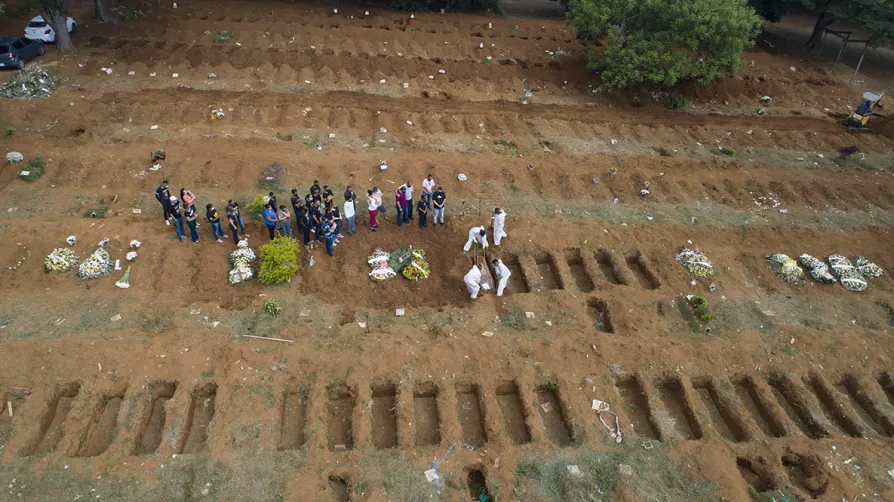
A FINAL round of talks to finalise an international pandemic treaty was set to end on Friday.
The ninth and final round of talks comes as the World Health Health Organisation and national leaders aimed to do better after the Covid pandemic killed millions and upended economies.
But, years later, countries are still struggling to agree on a plan to respond to the next global outbreak.
More from this author
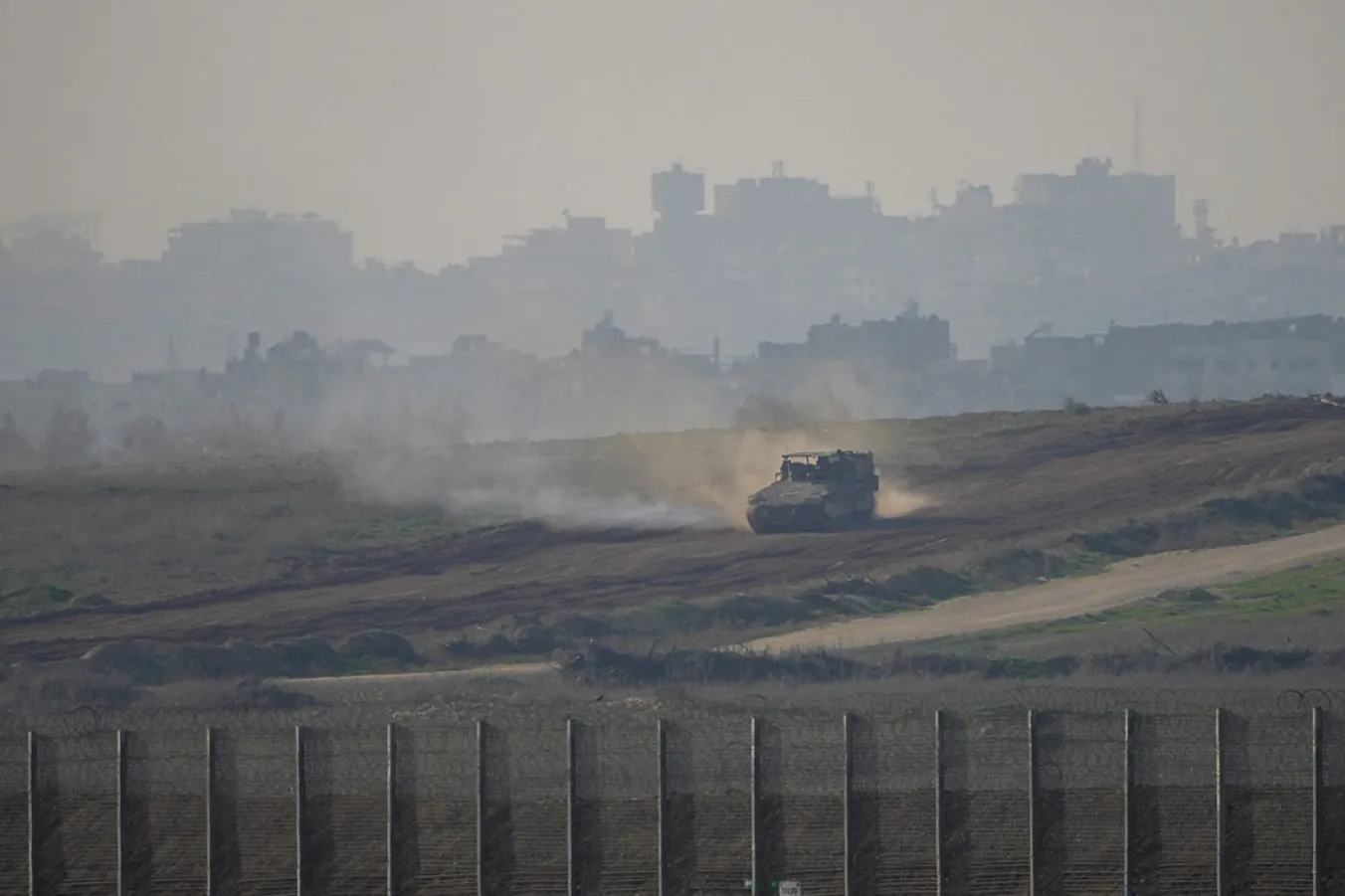
While Israel stalls on ceasefire agreement, its military kills another 78 people in Gaza


